A king dies, and the queen stays alone with her daughter. The queen becomes old, and the princess grows into a beautiful young woman. She is promised to marry a prince in a faraway land. She doesn't know how her groom looks, and he doesn't know her either.
The princess has to leave her home. Her mother gives her a lot of valuable things for a dowry and a maid for accompaniment. They also got two horses. The princess' horse is named Falada and can speak. The queen also gives her daughter a handkerchief stained with three drops of her blood to remind her of her royal lineage.
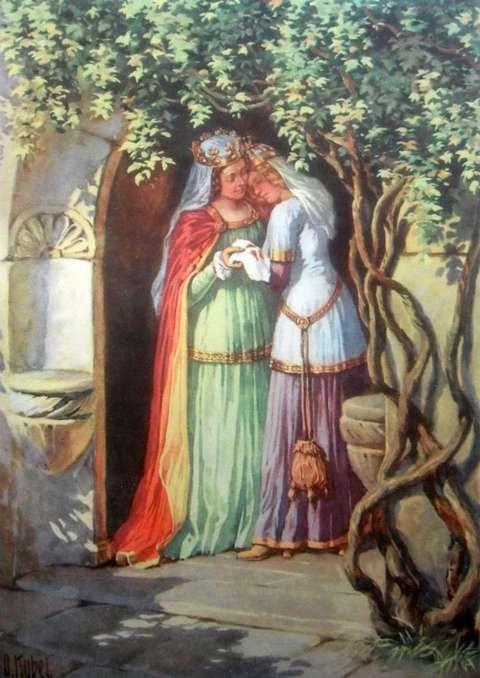
The girls leave the castle and soon get out of the kingdom, too. They come to the brook. The princess is thirsty and asks her maid to give her some water. But the maid disobeys her. She doesn't want to be her servant anymore. She also denies her a golden cup.
The princess unmounts the horse and leans to the brook. She drinks a few sips and loses the handkerchief given by her mother. The drops of blood say: "If your mother knew this, her heart would break!"
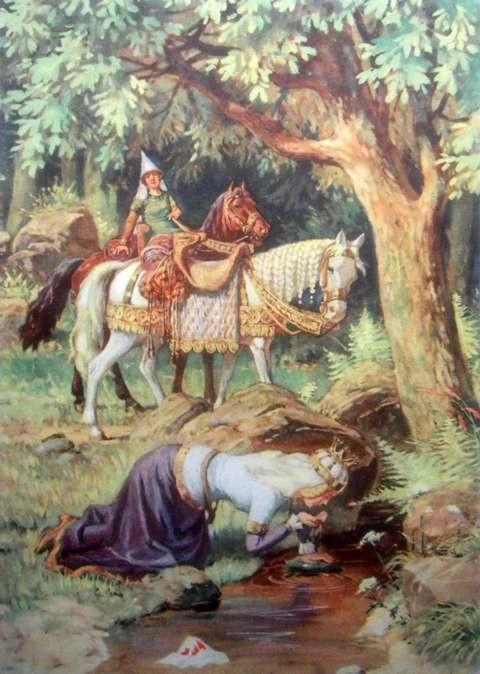
But the princess has other problems. Her servant stops her from mounting Falada and demands to switch positions. She wants to continue the journey on Falada, and the princess can take her horse. When they reach the prince, the servant will be introduced to him as a princess and the princess as her servant.
The real princess has no power to resist. She gives her word to a servant to accept her new role. She promised not to tell anybody the truth.
After a while, they enter the kingdom and are introduced to the royal family as the princess (who is really the servant) and her maid (who is really the princess). The false princess demands to kill Falada because she is afraid he could tell somebody the truth. His head is hung on the city gate.
The real princess gets a new position - she becomes a goose girl. A helper to the goose boy, actually.
The prince doesn't notice anything unusual, but his father becomes suspicious. He is surprised to see the princess with so bad behavior and her servant with so nice manners.
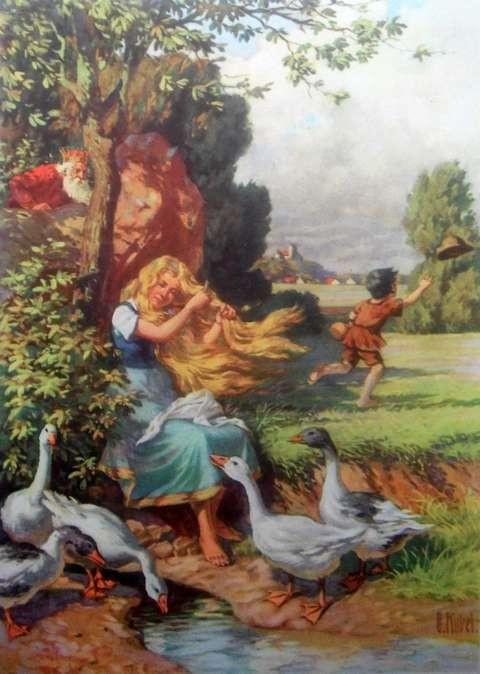
When the princess goes with Conrad, the goose boy, to the meadow, she unbinds her hair, and Conrad sees its color is gold. But he doesn't have a chance to admire it for very long because the goose girl tells the wind to take his hat, and he has to chase it until she combs her. Conrad is astonished by the events and tells everything to the king, who becomes even more suspicious.
On the way back, the goose girl passes by Falada's head. Her faithful horse says: "If your mother knew this, her heart would break!"
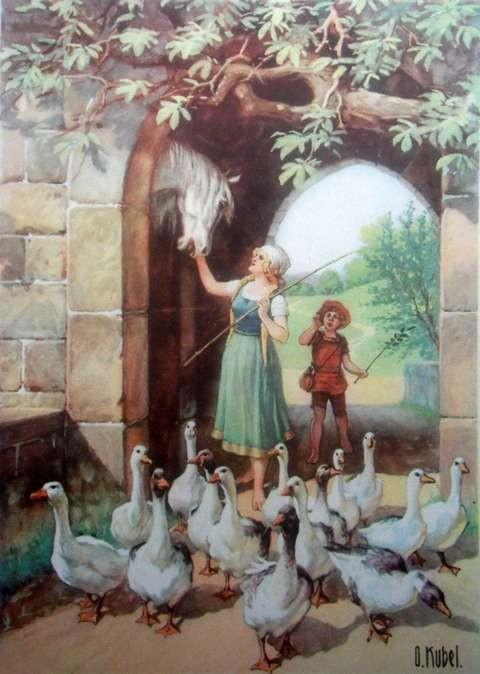
The king wants to know about the goose girl's true origin. But she is in a dilemma. She promised not to tell a living soul the truth about her switch with the servant, who was already preparing for the marriage with the prince.
The real princess doesn't want to break her word. It's a royal word, after all.
The king arranges for her to stay at the iron stove, where she can tell her story without a human listening.
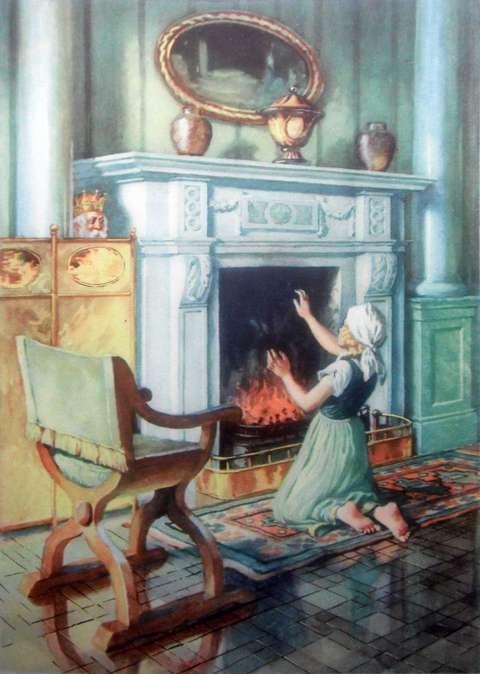
At the dinner, he asks the false princess what would be the proper punishment for somebody who steals someone else's identity. Not just someone's, but his or her master's.
The servant is not very smart and proposes a cruel punishment - to strip the criminal naked and put in a barrel studded with sharp nails. Then, two horses should drag him or her along the streets until death.
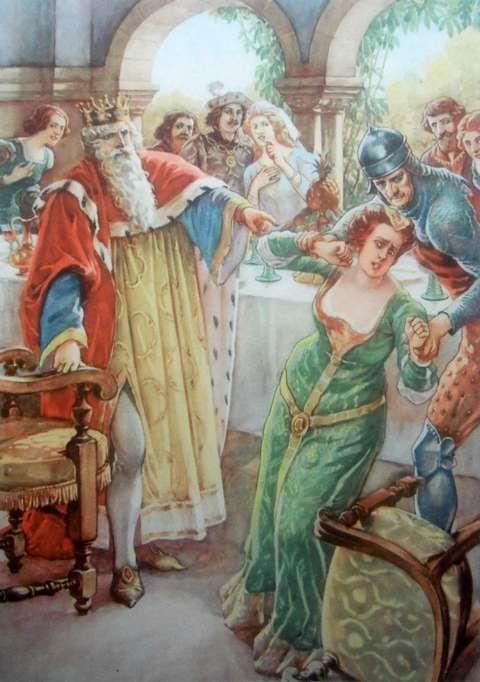
The real princess, who is already dressed in a splendid dress, is revealed to the attendees of the dinner, and the treacherous servant is arrested. She is punished according to her own plan. The king and the prince are happy with the outcome.
The servant dies, and everybody lives happily ever after.
This fairy tale is not the only one with the theme of the importance of a given word or broken promise. Here are a few more examples of fairy tales based on the given word.